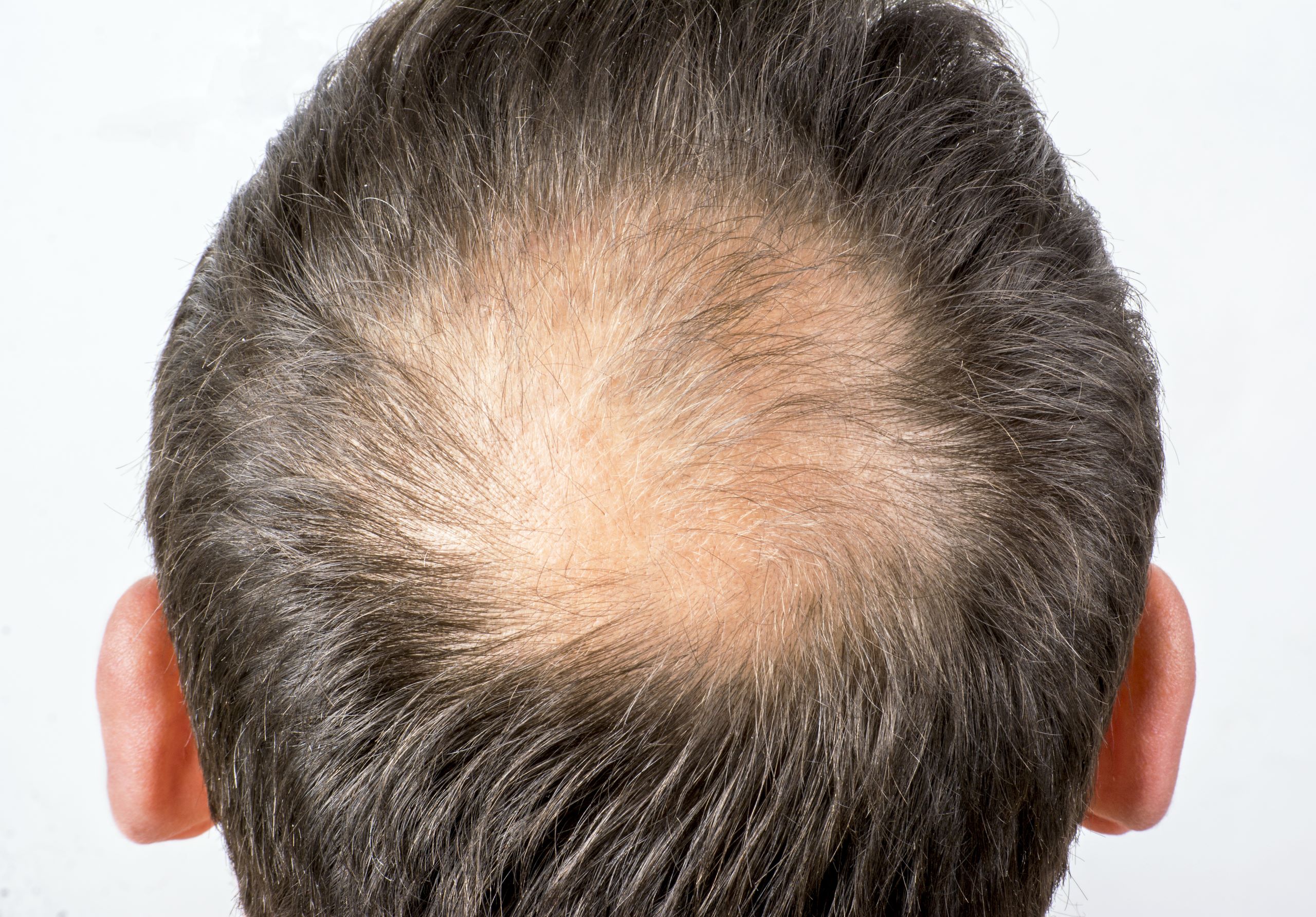
Hair loss, or alopecia, can be caused by various factors, including genetics, stress, thyroid imbalances, nutritional deficiencies, hair styling/treatments, and autoimmune diseases. Below, I will explain each cause, cite relevant research, and provide recommended solutions or what-to-do for each cause.
1. Genetics
Explanation: Genetic hair loss, also known as androgenetic alopecia, is the most common cause of hair loss in both men and women. It is linked to the presence of certain genes inherited from parents, and it involves the gradual miniaturization of hair follicles.
Research: Studies show that androgenetic alopecia is polygenic, meaning it involves multiple genes, and its onset can be influenced by hormones, particularly dihydrotestosterone (DHT) .
Solutions:
- Medications: Finasteride and minoxidil are commonly prescribed to slow hair loss and promote regrowth.
- Hair Transplant Surgery: Surgical procedures can redistribute hair follicles to balding areas.
- Low-Level Laser Therapy (LLLT): This non-invasive treatment can stimulate hair growth.
2. Stress
Explanation: Stress can trigger hair loss conditions such as telogen effluvium, where hair prematurely enters the resting phase and falls out. Chronic stress can also exacerbate other types of hair loss.
Research: Research indicates that stress affects hair growth through the release of stress hormones like cortisol, which can disrupt the hair growth cycle .
Solutions:
- Stress Management Techniques: Practices such as mindfulness, meditation, yoga, and regular exercise can help manage stress.
- Therapy: Psychological counseling or therapy can address underlying stressors.
3. Thyroid Imbalances
Explanation: Both hypothyroidism and hyperthyroidism can cause hair loss. The thyroid gland regulates metabolism and affects hair growth; imbalances can disrupt the hair growth cycle.
Research: Studies show that thyroid hormones directly influence hair follicle function, and imbalances can lead to diffuse hair loss .
Solutions:
- Medications: Thyroid hormone replacement therapy (for hypothyroidism) or antithyroid medications (for hyperthyroidism) can help restore balance.
- Regular Monitoring: Routine blood tests to monitor thyroid hormone levels and adjust medication dosages accordingly.
4. Nutritional Deficiency
Explanation: Deficiencies in essential nutrients, such as iron, zinc, vitamin D, and biotin, can lead to hair loss. Nutrition plays a critical role in maintaining healthy hair growth.
Research: Research highlights the impact of nutritional deficiencies on hair health, with iron deficiency being particularly common in women .
Solutions:
- Balanced Diet: Ensure a diet rich in vitamins and minerals, including leafy greens, lean proteins, nuts, and seeds.
- Supplements: Consult with a healthcare provider about taking supplements to address specific deficiencies.
5. Hair Styling/Treatments
Explanation: Excessive use of heat styling tools, chemical treatments, and tight hairstyles can damage hair and lead to traction alopecia or hair breakage.
Research: Studies indicate that mechanical stress and chemical damage can weaken hair shafts and follicles, leading to hair loss .
Solutions:
- Gentle Hair Care: Reduce the use of heat styling tools and avoid harsh chemical treatments.
- Protective Hairstyles: Opt for looser hairstyles and avoid tight ponytails or braids.
- Use of Gentle Products: Choose sulfate-free shampoos and conditioners designed for damaged hair.
6. Autoimmune Diseases
Explanation: Autoimmune conditions such as alopecia areata, lupus, and psoriasis can cause the immune system to attack hair follicles, leading to hair loss.
Research: Autoimmune disorders disrupt normal hair follicle function through inflammatory pathways .
Solutions:
- Medications: Corticosteroids, immunosuppressants, and biologics can reduce inflammation and autoimmune activity.
- Topical Treatments: Minoxidil and other topical treatments can promote hair regrowth.
- Lifestyle Adjustments: Maintain a healthy lifestyle with regular exercise, a balanced diet, and stress management.
Sources:
- Genetics:
- Nyholt, D.R., Gillespie, N.A., Heath, A.C., & Martin, N.G. (2003). “Genetic Basis of Male Pattern Baldness”. Journal of Investigative Dermatology Symposium Proceedings.
- Sinclair, R. (2004). “Male pattern androgenetic alopecia”. BMJ.
- Stress:
- Garg, S., & Messenger, A.G. (2009). “Telogen effluvium”. Indian Journal of Dermatology, Venereology, and Leprology.
- Peters, E.M.J., et al. (2006). “Neurogenic inflammation in stress-induced hair growth inhibition in mice”. Journal of Investigative Dermatology.
- Thyroid Imbalances:
- Naito, A., et al. (2008). “Thyroid hormone regulates hair growth cycle of mouse”. Journal of Dermatological Science.
- Abdel-Maged, A.E., et al. (2000). “Thyroid hormones directly modulate the expression of hair keratin genes”. Journal of Investigative Dermatology.
- Nutritional Deficiency:
- Kantor, J., et al. (2003). “Clinical and Pathological Features of Nutritional Deficiency Hair Loss”. Dermatology Clinics.
- Almohanna, H.M., et al. (2019). “The Role of Vitamins and Minerals in Hair Loss: A Review”. Dermatology and Therapy.
- Hair Styling/Treatments:
- Callender, V.D., et al. (2016). “Traction Alopecia in African American Women: The Root of the Problem”. International Journal of Dermatology.
- Davis, M.G., et al. (2011). “Hair breakage and oxidative damage”. Journal of Cosmetic Science.
- Autoimmune Diseases:
- Gilhar, A., et al. (2012). “Alopecia Areata”. New England Journal of Medicine.
- McElwee, K.J., & Tobin, D.J. (2005). “Focal autoimmune diseases of the hair follicle: alopecia areata”. Experimental Dermatology.
By understanding the underlying causes of hair loss and following the appropriate solutions, individuals can better manage their condition and improve hair health.
